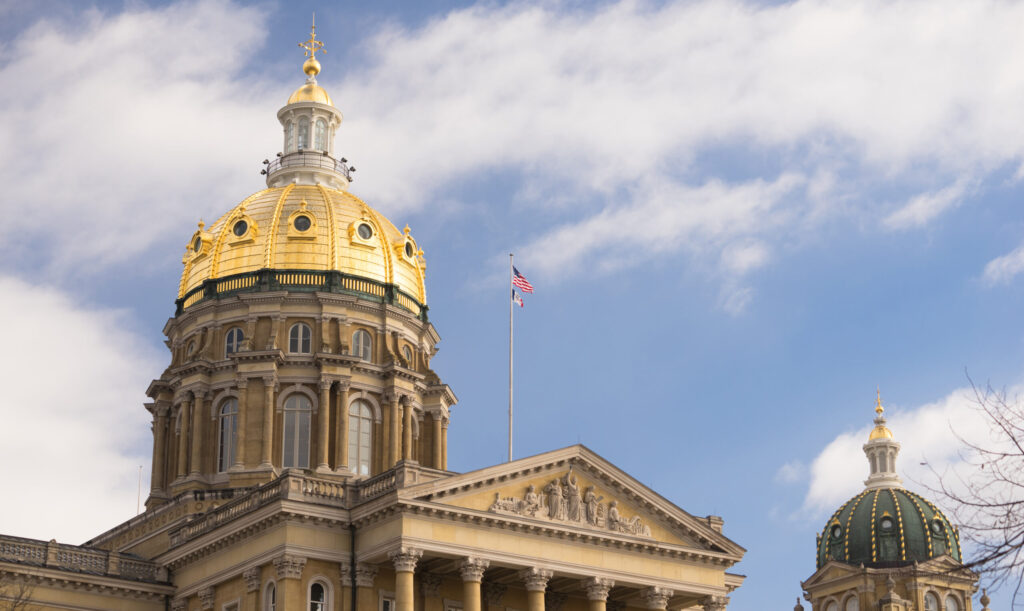Iowa lawmakers advance religious freedom bill
(The Center Square) – An Iowa House subcommittee advanced a bill Tuesday that would prevent religious discrimination in Iowa over the objections of some who said the bill could discourage…

(The Center Square) – An Iowa House subcommittee advanced a bill Tuesday that would prevent religious discrimination in Iowa over the objections of some who said the bill could discourage business.
House Study Bill 614 gives Iowans who believe the government has infringed on their right to practice their religion can file a claim in Iowa’s court system.
Rep. Steve Holt, R-Denison, said the bill mirrors the federal Religious Freedom Restoration Act sponsored by U.S. Sen. Chuck Schumer, D-N.Y., and signed into law by President Bill Clinton in 1993.
Business leaders said the bill would hurt the state’s economy.
“This bill would empower Iowa business owners to deny services or accommodation based on a potential customer’s sexual orientation or gender identity or any other protected class. This bill would weaken the Iowa Civil Rights Act,” said Tim Coonan, who spoke on behalf of Principal Financial Group, which employs 6,000 Iowans. Forbes estimated damage in North Carolina of $630 million just six months after its 2016 passage of a bathroom bill, including loss of jobs and canceled sporting events.”
Any impact on the economy is a myth, Holt said.
“I think Iowans should be free to live and work according to their faith without fear of being punished by the government,” Holt said. “This legislation guarantees everyone gets a fair day in court when the government intrudes on their basic freedoms. Opponents of this legislation can only list hypothetical situations.”
Rep. Lindsay James, D-Dubuque, said the bill is not about religious freedom but politics.
“I care deeply about religious freedom,” James said. “The bill in front of us does not resemble the intent of the federal RFRA. Instead what this bill does is weaponizes religious beliefs to justify discrimination. It makes Iowa and unwelcoming place to our workers and our businesses.”
The bill now goes to the House Judiciary Committee.



